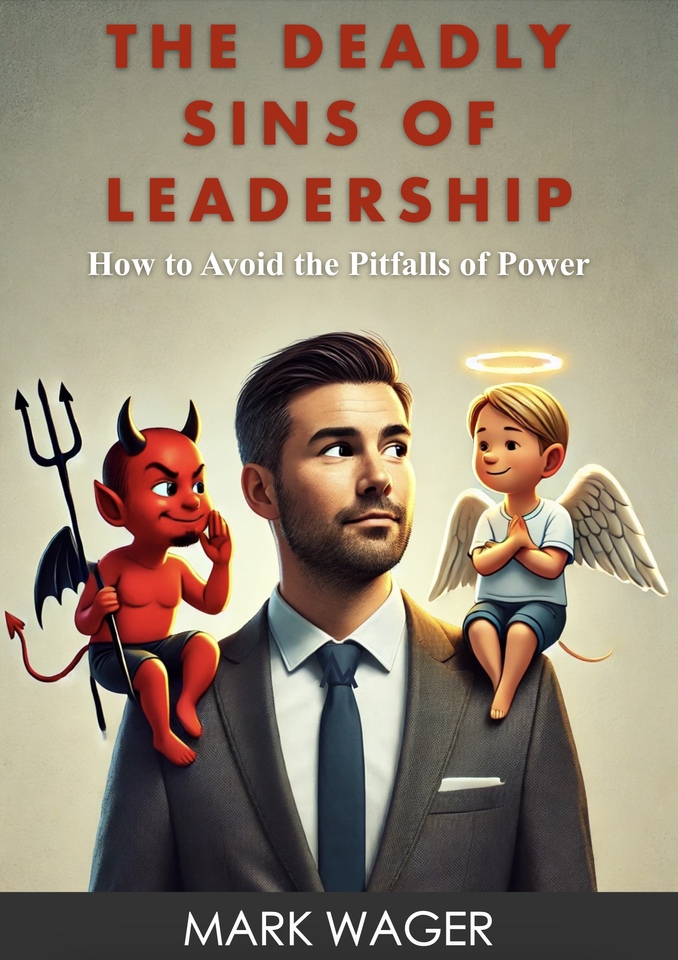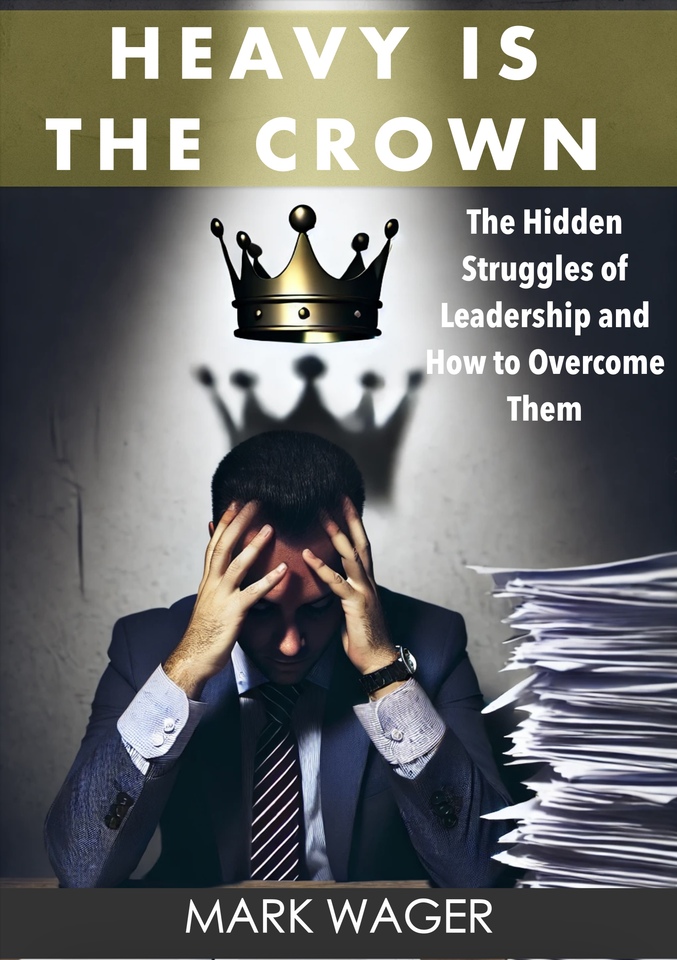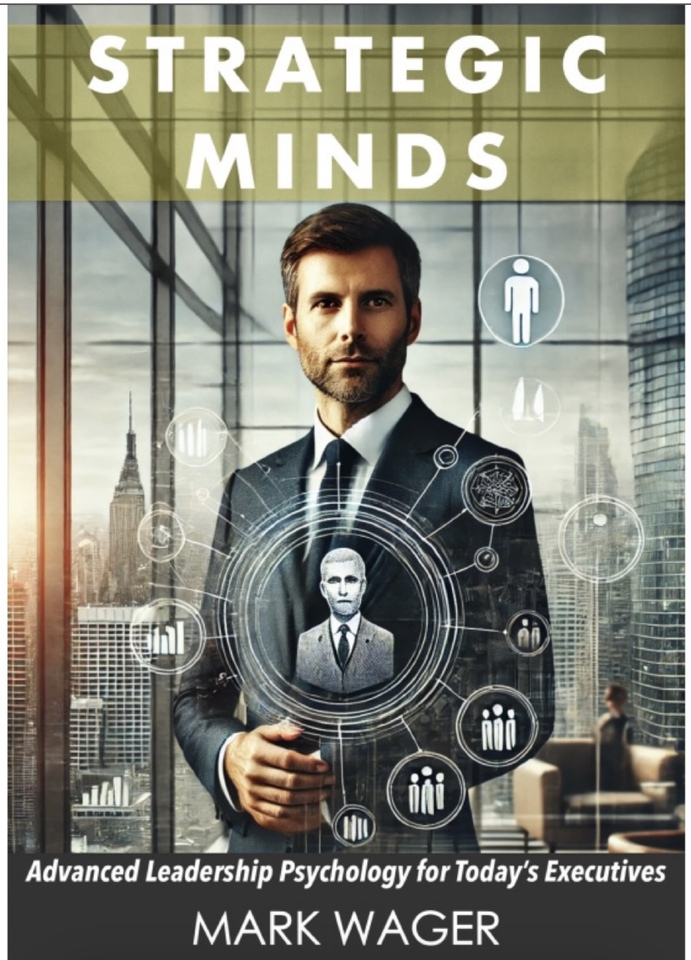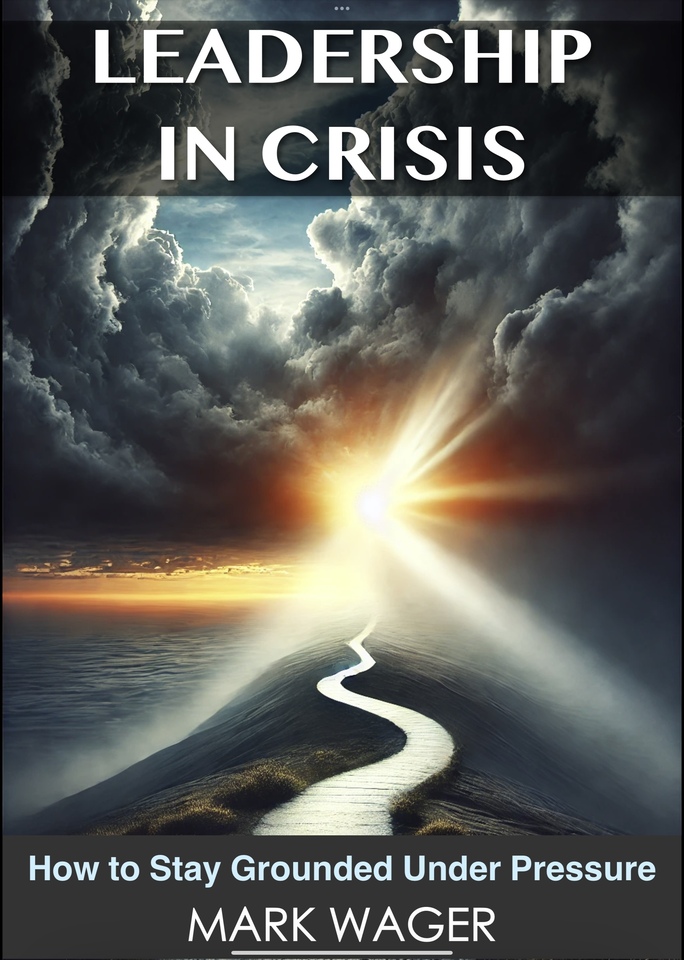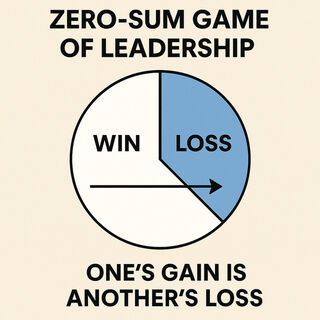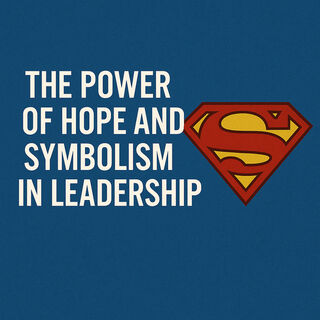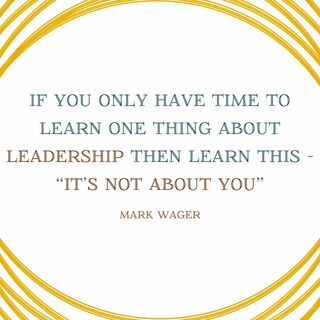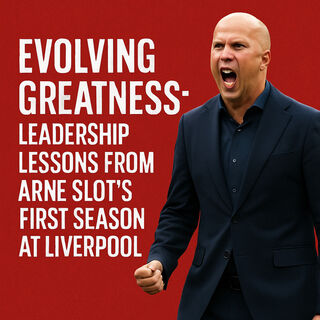Australasian Leadership Institute Free Articles
Welcome to My Leadership and Mindset Blog
With over 34 years of experience in leadership, I’ve had the privilege of working with leaders and organisations internationally, helping them unlock their potential, overcome challenges, and achieve exceptional results. Recognised as one of the world’s top leadership experts, I’ve authored 12 books on leadership and mindset, sharing the strategies and insights that have transformed individuals and teams around the globe.
This blog is where I share practical insights, proven techniques, and timeless lessons to help you navigate the challenges of leadership and elevate your performance. Whether you’re an experienced executive or stepping into a leadership role for the first time, you’ll find valuable advice here to guide your journey.
If you’re ready to take the next step and bring meaningful change to your team or organisation, I offer:
• One-on-one coaching tailored to your unique leadership challenges.
• In-house leadership training designed to create high-performing, purpose-driven teams.
Get in touch today, and let’s work together to make your leadership vision a reality.
-
For much of its history, leadership coaching has been framed as something optional. A nice-to-have. A remedial intervention. A personal development perk for those who either had the budget or had been quietly identified as needing help. In 2026, that framing no longer holds.Posted: Tuesday 13 January 2026
-
There’s a model used by the FBI to talk people off ledges — literally. It’s called the Behavioural Change Stairway Model (BCSM), and it was developed by the FBI’s Crisis Negotiation Unit as a step-by-step framework to influence someone who’s in crisisPosted: Monday 15 December 2025
-
I have seen many leaders in my time and without doubt the number one reason that derails careers is the tendency for self-sabotage, I’ve seen many people who are very talented find ways to waste that talent because they have a poor mindset, in this article I want to share a specific mindset that quietly creeps into leadership— one that can feel logical, even strategic, but over time does more damage than most leaders realise. It’s what I call the zero-sum game of leadership, and if left unchecked, it doesn’t just hurt your team — it limits your own growth too. Let’s talk about it.Posted: Tuesday 2 September 2025
-
There’s something deeply humbling about watching people care for children with such compassion, energy, and grace—while juggling regulations, emotional labour, staffing issues, family dynamics, and the daily unpredictability that comes with tiny humans. As someone who teaches leadership for a living, I can say with full confidence: early childhood education (ECE) is one of the most demanding leadership environments there is.Posted: Monday 21 July 2025
-
This weekend, Superman returns to the big screen, cape billowing and ideals intact. It’s easy to see him as just another superhero in a long line of cinematic spectacles, but for those of us who spend our days thinking about leadership, mindset, and human potential, Superman offers something far more profound than just action scenes and a catchy theme song. He represents the ultimate symbol of hope — and in leadership, hope is often the most powerful, and most underrated, tool at our disposal.Posted: Thursday 10 July 2025
-
Life is unpredictable. Whether it’s personal struggles, professional setbacks, or global crises, tough times test our mental strength. Some people seem to navigate these challenges with confidence and determination, while others struggle under the weight of adversity. The difference often lies in mental toughness and resilience—the ability to persevere, adapt, and grow despite hardship.Posted: Wednesday 18 June 2025
-
Organisational culture isn’t something that lives in the HR manual or gets announced during orientation. It’s the invisible force that governs how people behave, communicate, and make decisions day in and day out. As an executive, whether you realise it or not, you’re not just part of the culture—you’re its architect. And this chapter, adapted from my latest book Strategic Minds, is a reminder of just how powerful your role in shaping that culture can be.Posted: Monday 16 June 2025
-
Walk into any workplace and ask a leader who takes up most of their time, and you’ll likely hear the same answer: it’s the underperformers. The individuals who miss deadlines, resist feedback, or struggle to meet expectations tend to demand the most attention. Meetings are held, plans are made, development pathways are drawn, and time is invested—all in the hope that performance will improve.Posted: Thursday 5 June 2025
-
If you’re a manager responsible for leading a team and you’re serious about becoming better at it, here’s a simple but powerful technique: put yourself in the shoes of your team members and ask, “Would I want to work for me?” It sounds straightforward, but this level of self-awareness is rare — and yet it makes a world of difference.Posted: Wednesday 21 May 2025
-
One of the most common frustrations I hear from people, whether they’re employees, entrepreneurs, or leaders, is this: “I know I’m worth more than what I’m being paid.”
It’s a statement that carries with it a mixture of anger, disappointment, and deep longing — because we don’t just work for money. We work for recognition. We work to feel seen. To feel that what we bring to the world has value, and that value is acknowledged.Posted: Monday 5 May 2025 -
When Arne Slot stepped into the Liverpool dugout in the summer of 2024, he inherited more than a football team. He inherited a legacy. Replacing Jürgen Klopp—a man who revitalised a club, ended a thirty-year title drought, and became a cult hero in the city—was always going to be an unenviable task. Yet less than a year later, Slot is lifting the Premier League trophy with four games to spare, having led Liverpool to one of their most dominant campaigns in modern memory.Posted: Friday 2 May 2025
-
There’s an old saying that power corrupts, and absolute power corrupts absolutely. While this might seem like a cliché, it holds a deeper truth that every leader must confront. The very quality that elevates a person to a leadership role—ambition, drive, and confidence—can also become their downfall if they’re not careful. The journey from being a good leader to becoming a corrupted one is rarely marked by a single defining moment. Instead, it’s often a slow and seductive drift—one subtle compromise at a time.Posted: Wednesday 30 April 2025
-
Strategic thinking isn’t about being clever, nor is it reserved for boardroom visionaries who speak in jargon and plan decades ahead. It’s a mindset—one that enables leaders to see beyond the noise of the moment and make decisions today that will still hold value tomorrow. Yet too many leaders, even good ones, get stuck in the immediacy of doing. They focus on performance, outcomes, KPIs—important, yes—but never quite find the altitude to ask the bigger questions.Posted: Wednesday 23 April 2025
-
Leadership isn’t just about vision, communication, or decision-making—it’s also about power. Whether we like it or not, leadership is inherently political. While the term “office politics” often carries negative connotations, it reflects a simple truth: wherever there are people, there are power dynamics. These dynamics are rarely visible on the surface but play a profound role in shaping how decisions are made, who is heard, and who is left out.Posted: Wednesday 16 April 2025
-
Authority and respect are the cornerstones of effective leadership. Without them, it becomes difficult to influence others, inspire a team, or drive meaningful change. Many leaders believe that authority comes with a title, but true authority—the kind that earns respect and fosters loyalty—must be built through actions, mindset, and leadership style.Posted: Wednesday 9 April 2025
-
Creating lasting habits isn’t about willpower—it’s about understanding how habits form and using psychology to make them work in your favour. By starting small, attaching new habits to existing routines, designing your environment for success, and using rewards and accountability, you can make positive changes that stick.Posted: Wednesday 2 April 2025
-
Success is not just about talent or intelligence—it’s about mindset. More specifically, it’s about having a growth mindset, a term popularised by psychologist Carol Dweck. A growth mindset is the belief that your abilities, intelligence, and skills can be developed through effort, learning, and persistence. In contrast, a fixed mindset assumes that abilities are set in stone—you either have them or you don’t.Posted: Thursday 27 March 2025
-
Procrastination is the silent thief of success. We tell ourselves that we’ll start tomorrow, that we just need to be in the right mood, or that we’ll get more done under pressure. Before we know it, deadlines are looming, stress levels are rising, and we’re left wondering where all the time went.Posted: Wednesday 26 March 2025
-
One of the most difficult yet essential skills for any leader is the ability to say no. Many leaders hesitate to use this simple word, fearing that it will make them seem unhelpful, unapproachable, or resistant to new ideas. However, the reality is that great leaders understand that saying no is not a personal rejection—it is a strategic decision made in the best interest of the organisation.Posted: Wednesday 19 March 2025
-
The best leaders are learners. They have a desire to discover ways in which they can become better leaders, and they are the most passionate. Learners look for any example of excellence, regardless of the industry in which that excellence occurs, because they understand that where you find excellence, you will find valuable lessons. In this week’s article, I want to explore the world of Formula One, which this weekend marks the start of the 2025 season.Posted: Wednesday 12 March 2025






